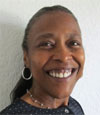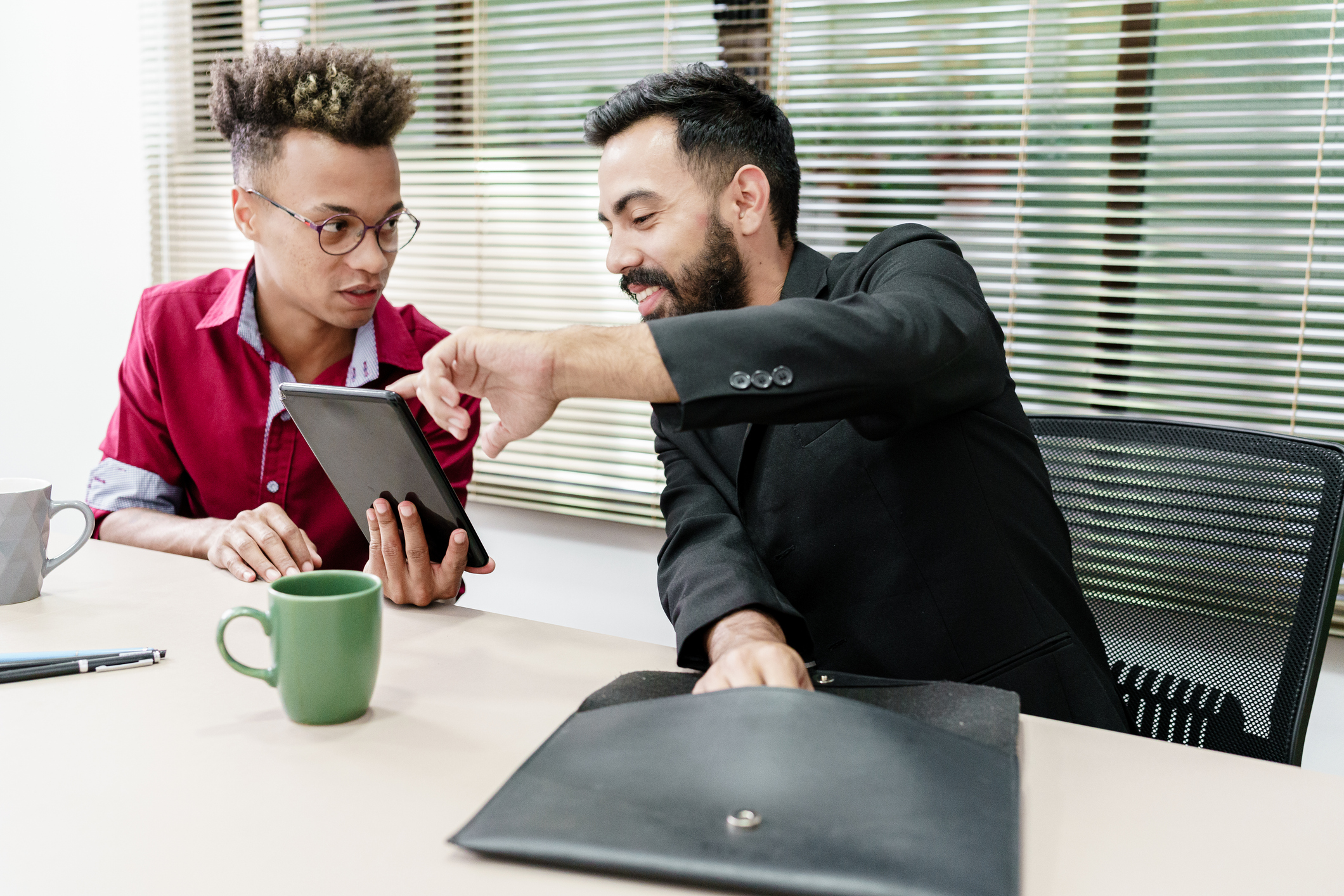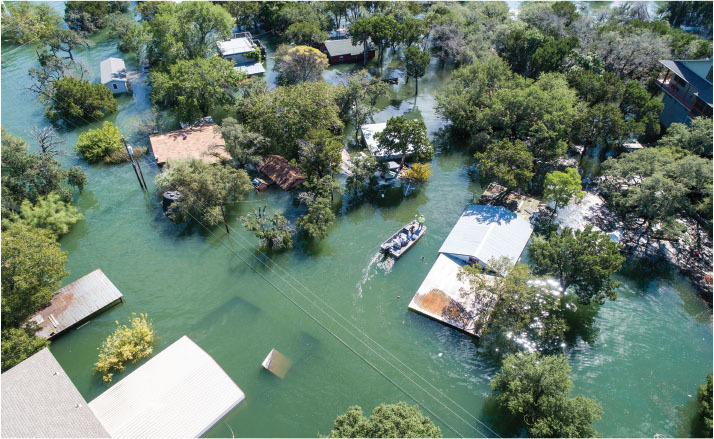September/October 2019
Concepts
My Hope for the Society and Profession
BY JACQUELYN BROOKS, P.E.
 It’s time for the meeting to start. Everyone invited is present. I say, “Hi everyone. I’d like to start the meeting.” One participant says, “We need to wait for Jackie Brooks,” as he reads the name from the agenda. Obviously, he does not know that I’m Jackie Brooks. He doesn’t expect the only black woman in the room to be leading the meeting. So, I introduce myself and I look down at my paper to give everyone a moment to adjust to this reality.
It’s time for the meeting to start. Everyone invited is present. I say, “Hi everyone. I’d like to start the meeting.” One participant says, “We need to wait for Jackie Brooks,” as he reads the name from the agenda. Obviously, he does not know that I’m Jackie Brooks. He doesn’t expect the only black woman in the room to be leading the meeting. So, I introduce myself and I look down at my paper to give everyone a moment to adjust to this reality.
This is my life.
My name is Jacquelyn Brooks and I am a black female professional engineer. Growing up, I was always curious and amazed about how things worked. Even today, my husband says that I google everything. I didn’t know what to pursue as a career, but I was really good at math and chemistry. So, with a 4.2/4.0 high school GPA, I entered the University of Florida with a degree in chemical engineering as my goal. It was difficult, especially since I did not know I was a “visual” learner at the time. For many years, I felt inferior and less capable than the other students. It wasn’t until I graduated and entered the workforce that I realized that I was just as capable as everyone else. I was surprised when people started coming to me for advice and technical review of their engineering work.
I have worked as a PE for the past 15 years in the environmental field. Currently, I provide technical oversight of the design and remediation of more than 100 petroleum contaminated sites in Florida. I speak annually at our statewide conference on technical issues, and I write standard operating procedures for site managers that are uploaded to the Florida Department of Environmental Protection’s website. I also hold an NCEES Record, approved by the National Council of Examiners for Engineering and Surveying.
What I like best about engineering is that I get to work independently. I like doing the research. Hours can go by, if I get really intense. Then the joy comes in being able to break it down and communicate these technical details in terms anyone can understand. I think it is a gift from God.
You wouldn’t expect a PE with these credentials to have to deal with blatant abuse; however, I have experienced this often and still do. I’ve had individuals tell me:
- “I don’t have to cooperate with you. You haven’t earned your stripes.”
- “This incompetent person [speaking of me] has no right to shut down my [remediation] system.”
- “Are you sure you’re at the right conference? This is for professional engineers.”
- “Did you even have to take the PE exam?”
- “You must have graduated from an HBCU (Historically Black College and University).”
When I won a raffle at a PE conference last year, one participant, when he saw who won, immediately started shouting, “Rigged! Rigged!” All the winners had their photos taken with the raffle gift sponsoring vendor. My vendor did not want to take a photo with me. The organizers insisted, though, and they reluctantly did so. Later, all the winning photos were uploaded to a local PE society’s web page. My photo was absent.
These statements and actions, whether made consciously or without malice, reflect the engineering profession at large. The profession is not a very welcoming place for people of color. When deciding whether to attend again this year, all these feelings of exclusion returned. Why would anyone spend money to be discriminated against? Does not the tenacity and strength of character it takes to obtain a chemical engineering degree alone count for something? At a minimum, one should at least be worthy of respect.
I’ve mentored many students throughout my career, and one of the main things I’ve tried to instill in them is how to succeed, despite how they may be treated by their peers. I teach them that they have to display the highest level of technical competence and professional ethics in their work and that they must show fairness toward everyone because, unfortunately, many times this is not what will be expected of them.
The NSPE Code of Ethics was recently updated to include a professional obligation to “treat all persons with dignity, respect, fairness and without discrimination.” Additionally, unity is one of the NSPE’s stated values, specifically, “Diversity and inclusion, ensuring the profession reflects society.” For that to successfully happen, a major shift is needed in the hearts and minds of the members. There is a reason more underrepresented minorities do not participate in NSPE. Everyone should feel free to openly participate and express their opinions without being shut off or ostracized. Each of us desires to be accepted and respected. This is my hope for the future of the NSPE and the profession.
NSPE member Jacquelyn Brooks, P.E., is a senior engineer at Ecology and Environment Inc., in Tallahassee, Florida.


 Volunteering at NSPE is a great opportunity to grow your professional network and connect with other leaders in the field.
Volunteering at NSPE is a great opportunity to grow your professional network and connect with other leaders in the field. The National Society of Professional Engineers (NSPE) encourages you to explore the resources to cast your vote on election day:
The National Society of Professional Engineers (NSPE) encourages you to explore the resources to cast your vote on election day:



